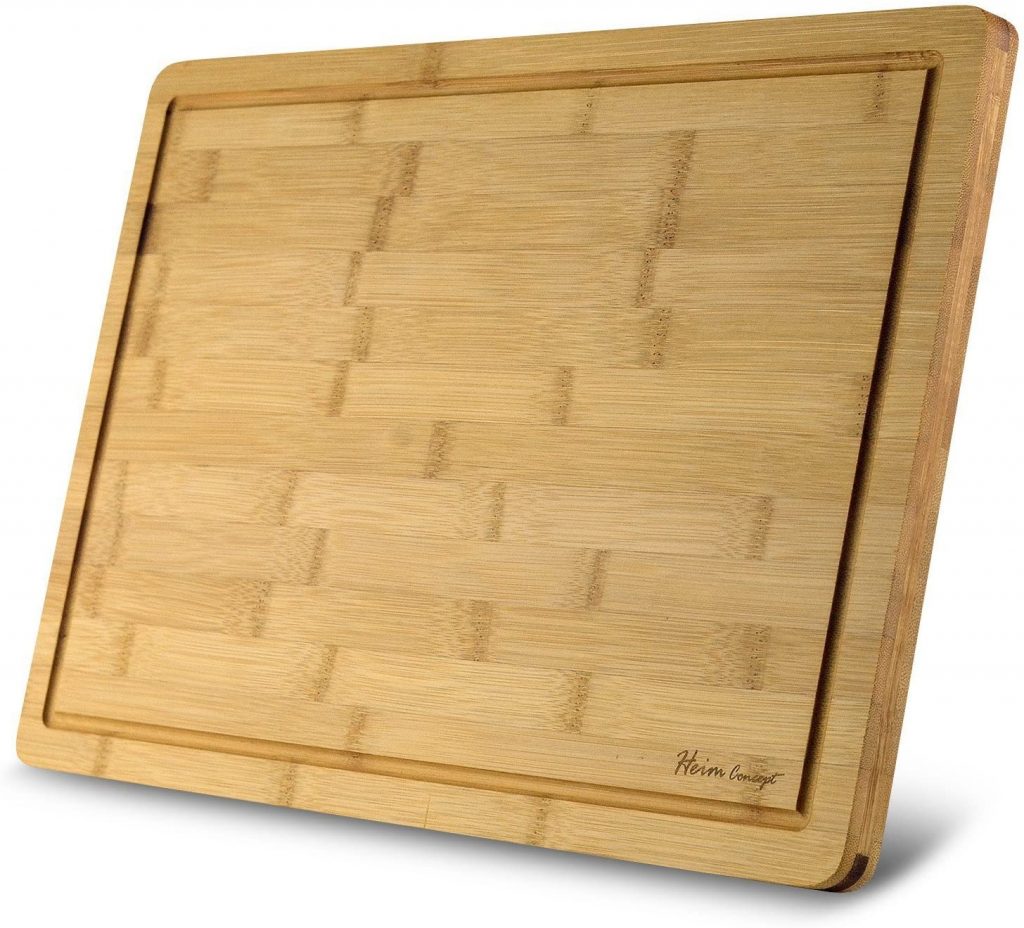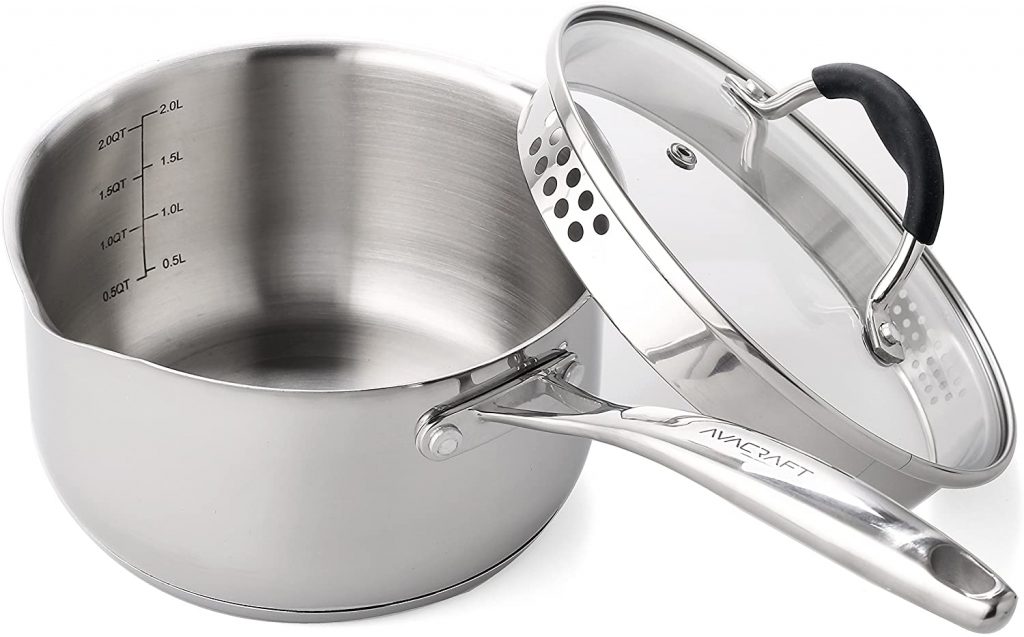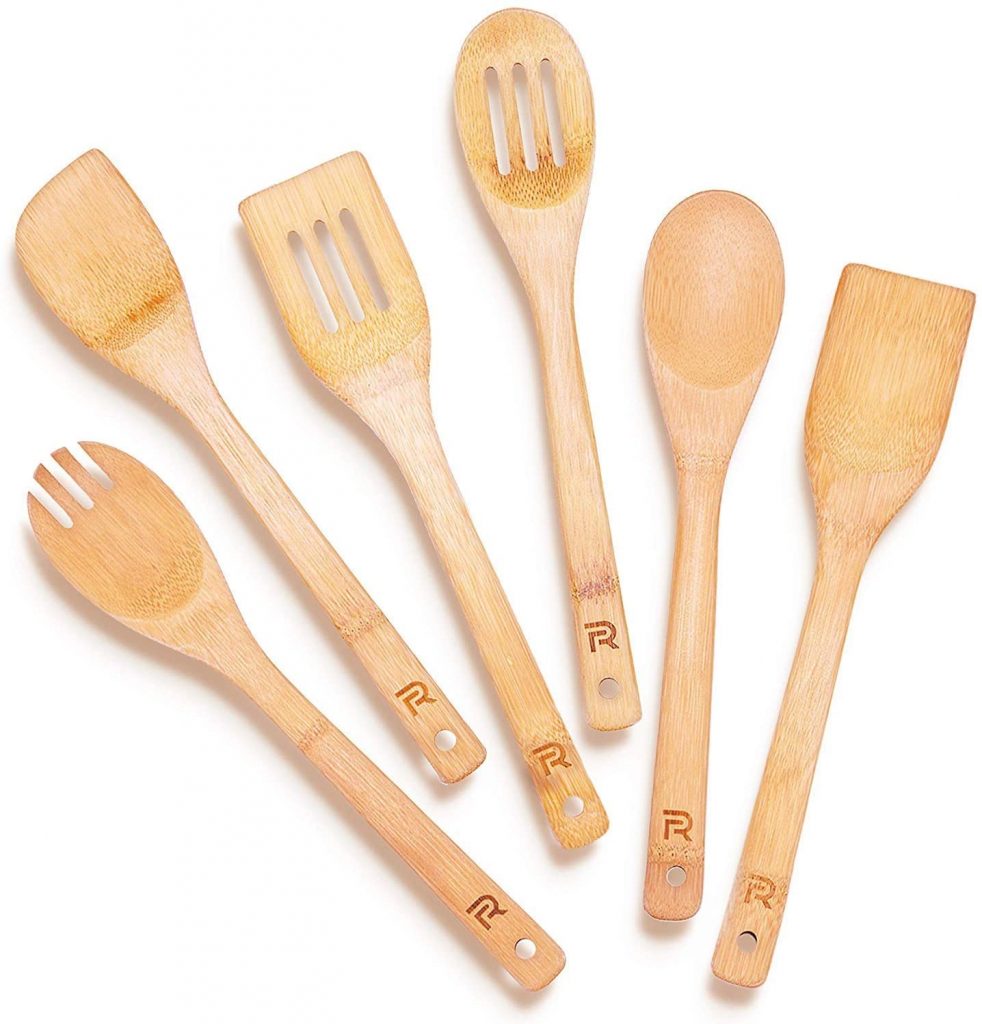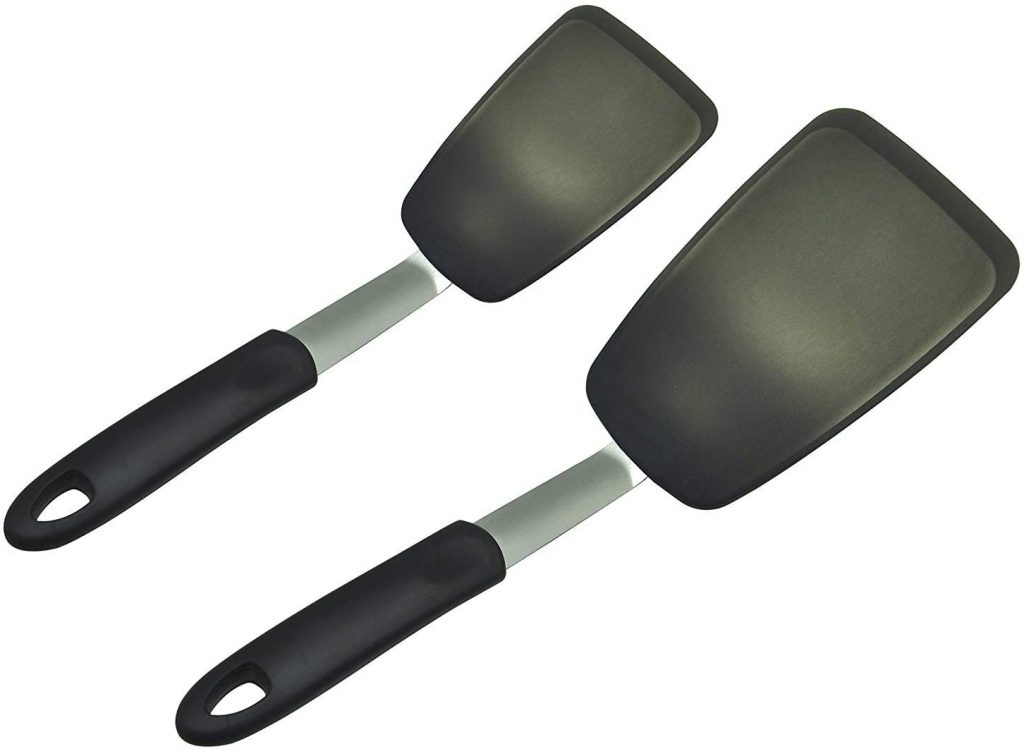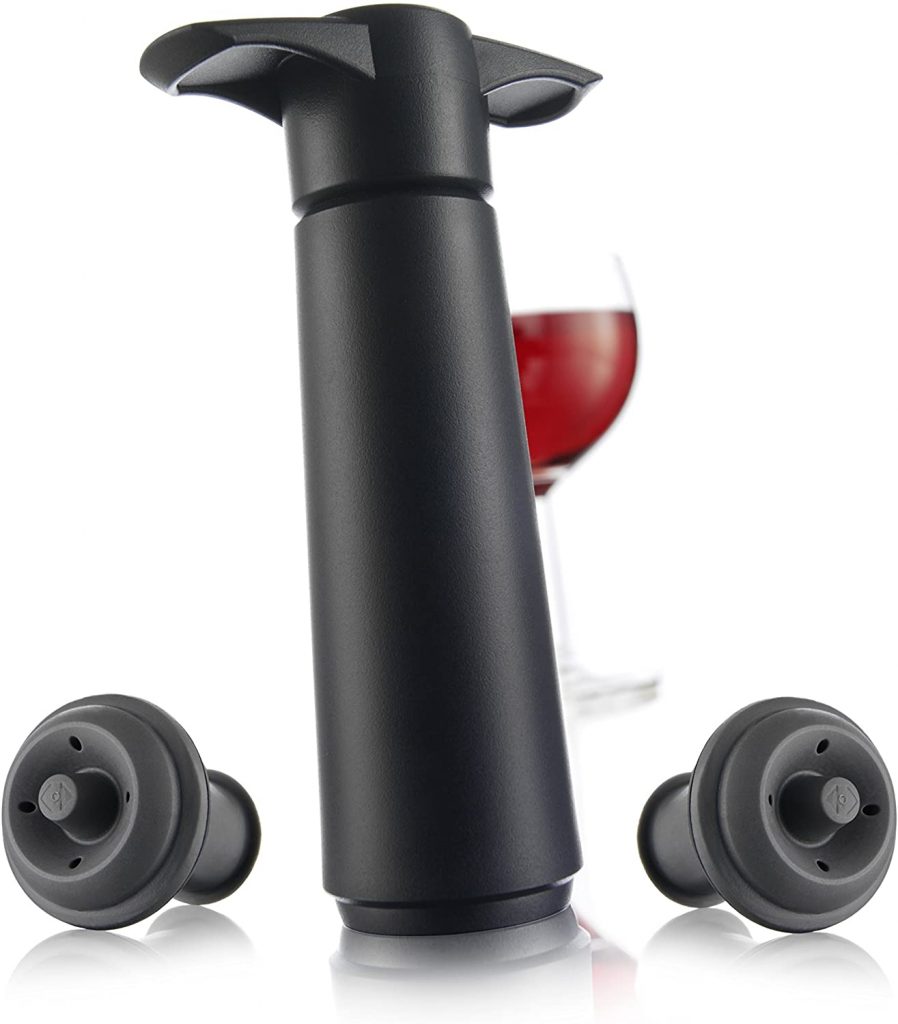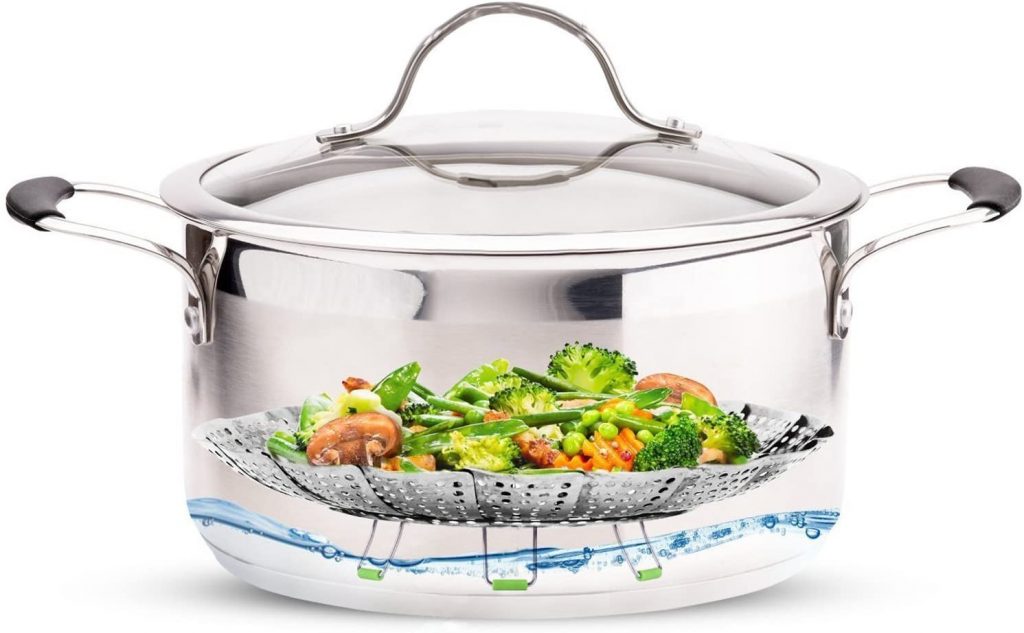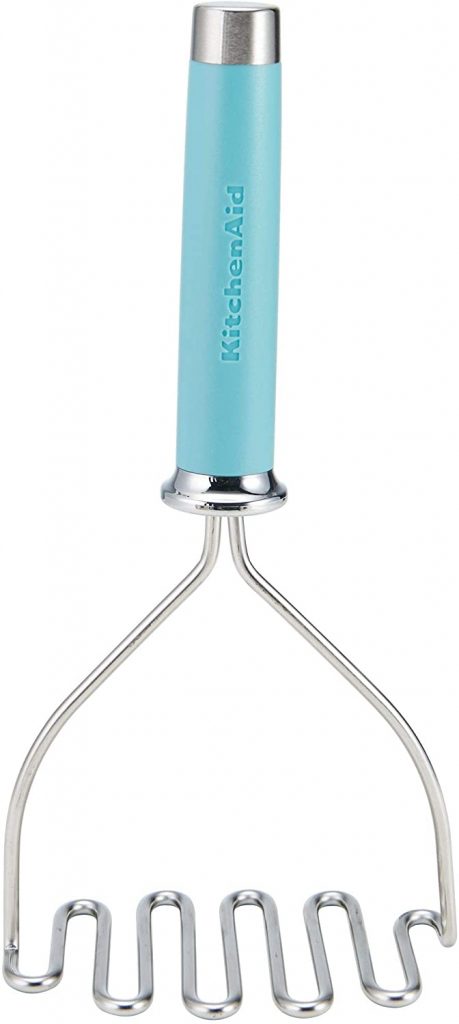My interests in cooking and minimalism are often at odds with each other. There are seemingly infinite appliances that will quickly fill your cabinets — and more quickly collect dust. Just ask your recently married friends with an overly aggressive registry.
This got me thinking. What are the true minimalist kitchen essentials? In putting together the list, I focused on high quality, versatile tools that I actually use. The list is surprisingly short yet I very rarely need anything else to cook a delicious meal.
These are my minimalist cooking essentials:
Affordable, versatile, and gets better with age. The Lodge 10-inch cast iron pan is my go-to for cooking pretty much everything, It’s especially stellar for cooking meats because you can put it right in the oven. I’ll typically sear the meat on both sides and then put the entire pan in the oven at 400 degrees. It’s also really easy to clean with these plastic scrapers.
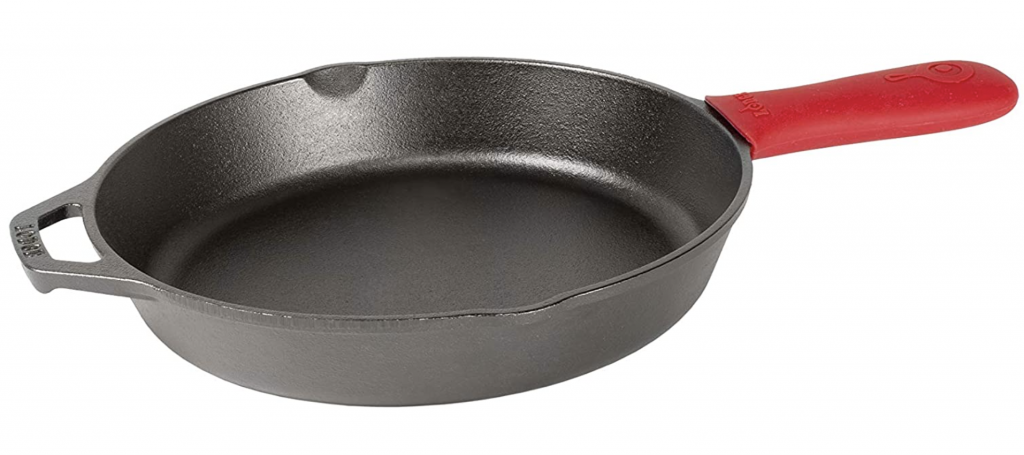
I haven’t found a better baking pan than this one made by USA Pan. It’s sturdy and cleans surprisingly easily. I like the half sheet size because it’s big enough to cook most things without taking up a ton of space. An extremely versatile tool that I use for roasting vegetables, baking cookies, and a general catch all to keep the oven clean.
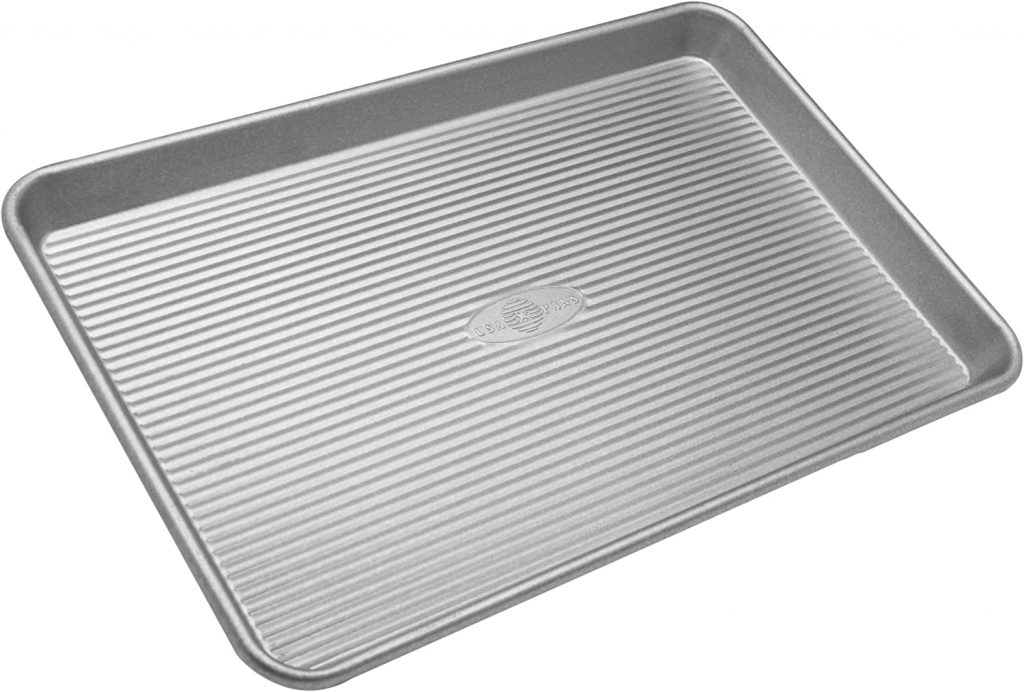
There’s a reason why professional chefs treat their knives as an extended member of the family — they’re the most important tool in the kitchen. A standard 8 inch chef’s knife can be used to cut pretty much everything and is an absolute must have. There are options under $50 available but I splurged for the higher end Wüsthof chef’s knife. It’s perfectly balanced and I expect it to last decades.
For all smaller cutting needs, I use a 3.5 inch paring knife. There are options under $20 but I again went for the higher end Wüsthof. You don’t need the eight knives found in a typical knife block — the chef and paring will get it done.
A good knife isn’t useful without a solid cutting board. I prefer a large (18×12 inches) wooden cutting board over the thinner plastic boards because they don’t slide around, allow for stronger cuts, and just plain look better in the kitchen. The brand doesn’t matter but make sure you get one with juice grooves to prevent drips from finding their way to the counter.
A pot (aka saucepan) is indispensable for cooking pasta and all boiling needs. I stumbled upon this Avacraft saucepan and it’s a game changer. It has a strainer built into the lid so you can quickly drain liquids without hunting down a colander or losing half your pasta in the sink (we’ve all been there). The 2.5 quart size is perfect if you’re cooking for 2-4 people and the 3.5 quart is better for larger families or groups.
I like to have at least 3 wooden spoons handy because I use one with every meal. They’re really all the same so don’t get hung up on a particular brand (there are hundreds of varieties of Amazon).
You can flip food with a thin wooden spoon but I prefer having one solid silicone spatula in the drawer. There’s nothing more frustrating than messing up that early morning egg flip. I don’t think the brand matters but I would avoid metal because they can scrape your pots and pans.
A good peeler will save you a ton of time when you’re faced with peeling vegetables. I like the side angled swivel versions because they feel more natural.
After embarrassingly serving undercooked food to my friends a couple times, I realized it was time to invest in a cooking thermometer. Get an instant, digital version so you don’t have to wait for the reading to appear (the meat will get cold).
Honorable Mentions
These kitchen tools didn’t quite make the essentials list, but they’re still pretty useful!
For when you don’t quite finish that bottle of wine. The wine saver creates a vacuum by pulling the excess air out of the bottle, slowing down the time it takes for the wine to go bad. I find it gives an opened bottle of red wine an extra 3 days of life.
This handy thing lets me easily steam vegetables which keeps them tasty while retaining their health benefits.
I never realized I needed one of these until I had to mash potatoes without one. It’s also a lot smaller and easier to clean than a huge electric mixer.
What’s on your kitchen essentials list?
Subscribe to stay up-to-date with my latest posts. I’ll send you an email after each post is published, about once a month.



